Frequently Asked Questions About HIV and PrEP
Despite the fact that HIV has been known for a quite long time, questions still arise. On this page, we have collected the most frequently asked as well as comprehensive information about medicines for PrEP.
However, there are still some myths surrounding this terminal-turned-chronic illness. This PrEP & HIV FAQ seeks to serve as a great source of resourceful quick facts for people looking to protect themselves from the virus, as well as those living with it. It addresses the many mind-boggling questions about PrEP and HIV, as well as the available preventive treatment/post-infection treatment options that are frequently asked.
HIV/AIDS-Related Questions
What Are HIV and AIDS?
HIV is a deadly virus that attacks the human defense mechanism (immune system) against infections, destroying it gradually until it gets so weak that it becomes unable to defend the body against other infections. HIV, which stands for human immunodeficiency virus, targets a specific type of white blood cells in the body, commonly called T cells, and makes use of their replicative ability to replicate. One major factor that makes HIV so deadly is the fact that it has no cure. However, HIV itself does not kill, AIDS does. If HIV is not managed properly or treated, it will turn into AIDS eventually.
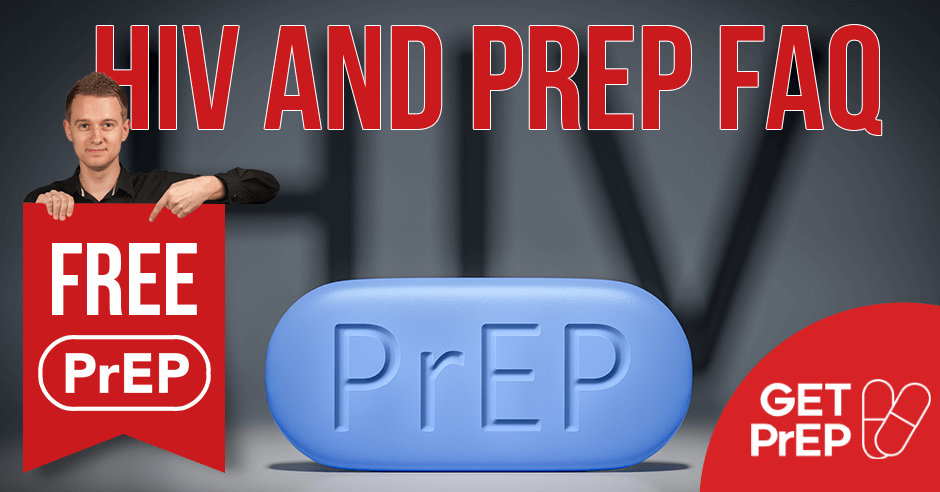
Thus, it is important to note that one can still live a long and fulfilled life even with HIV.
How Is It Contracted, and What Are the Treatment Options for HIV?
HIV can be contracted through activities that bring about contact or exchange of fluids from the body between a person who carries the virus, and a non-infected individual. Bodily fluids here include milk of the breast, semen, and blood.Contrary to popular opinion, unprotected sex is not the only means through which the virus can be transmitted. The deadly virus can spread through a number of ways, the most frequent ones are:
- from mother to her child during breastfeeding;
- sexual intercourse;
- injections: one could contract HIV by sharing syringes with people who are carriers of the virus. There is a 0.63% risk of being infected with HIV via syringes.
In very rare cases, HIV is gotten via oral sex or deep kisses. HIV infection by kissing only takes place when both partners have bleeding gums and there is an exchange of blood.
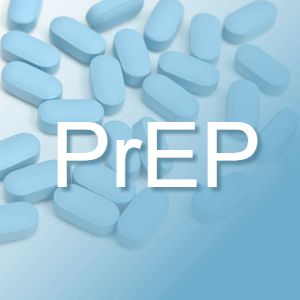
- PrEP (pre-exposure prophylaxis): PrEP is a preventive treatment (i.e, it is used before contracting the virus to prevent infection);
- PEP (post-exposure prophylaxis): PEP is used anytime within 48 hours of exposure, to prevent infection;
- ART (antiretroviral therapy): ART involves the use of a combination of antiretroviral meds to treat those who are already infected with the virus.
However, all 3 treatment options involve the use of antiretroviral drugs. Antiretroviral drugs work by limiting and suppressing the activities of HIV in the body. It prevents viral multiplication, thus reducing the viral load to a point it becomes undetectable.
How Do You Know If You Have HIV?
The sure way to determine your HIV status is by getting tested. One can get a test at the hospital or nearby HIV clinics. Your doctor can simply carry out a test on you. Fortunately, pharmacies now offer HIV testing kits. Thus, you can test your HIV status from the comfort of your home.What’s more, there are certain symptoms (resembling those of flu) associated with HIV infection. These symptoms often surface any time from two to four weeks from the period the virus is contracted. The symptoms arise because the body is unfamiliar with the virus, and is trying to adjust to accommodate it.
The flu-like symptoms are:
- bloated lymph nodes;
- fatigue;
- headache;
- sore throat;
- skin rash;
- fever;
- loss of appetite.
While these symptoms may indicate HIV infection, they are not a reliable way of determining one’s HIV status. This is because these symptoms may also arise for diseases other than HIV. This said the best way to determine your status is to carry out tests.
Altogether, symptoms or no symptoms, the importance of taking HIV tests regularly once you have an active sexual life can not be overemphasized.
When Is the Best Time to Take an HIV Test?
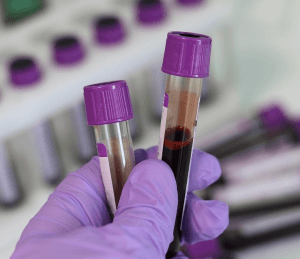
The window period is the period between the time of exposure to the virus, and the time a test taken will give correct results. It can also be seen as the time it takes for HIV to register in the body or show up. The window period is within three (3) to four (4) weeks from the exposure time.
Thus, if one takes a test shortly after being exposed to the virus and the results are negative, another one should be taken after the window period must have expired.
How Often Is It Appropriate to Be Tested for HIV?
As stated earlier, getting regular HIV tests is very important. Routine testing is considered a preventive measure. Every individual should try to take a test at least once, yearly. However, individuals who are sexually active and feel that they are at high risk should take a test every three (3) to six (6) months. This would help in detecting the virus early and taking the necessary measures on time.People between the ages of 16 and 64 are advised to take a test at least once, whether they are at high risk or not.
Does Insurance Cover HIV Testing?
How Condoms Are Effective in Protection Against HIV?
Condoms protect against HIV/AIDS, and they are very effective at this. Studies have shown that materials such as latex, used to make most condoms do not allow the virus to pass through them, and provide up to 80% effectiveness. They act as a barrier towards the transmission of HIV by preventing direct contact with bodily fluids such as vaginal fluid, semen and so on.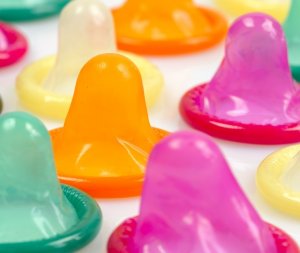
- when they’re used incorrectly: A lot of people encounter challenges when putting on a condom. As such, they may end up wearing it incorrectly;
- breakage or leakage: In some cases, condoms may break or leak, causing body fluids to seep through, thereby transmitting the infection to one’s partner.
Thus, when used correctly, condoms are a very effective preventive strategy against infection. In fact, condoms are presently the most effective birth control means of preventing the contraction of STDs.
What Type of Condom Is the Best for HIV Protection?
There are two major types of condom popularly used to prevent HIV infection. They are:
- The external condom: This is popularly known as the male condom. It is made of latex and completely sheathes or covers the penis during sexual activity.
- The internal condom: This is also referred to as the female condom. It is quite different in appearance from the male condom. It closely resembles a pouch but it has an opening at one end, while the other end is sealed. Both ends are held by tiny rings. During sex, the closed end is inserted into the vagina while the open end is left outside. This internal condom can also be used during anal sex.
In terms of effectiveness, the two types of condoms are highly recommended for the prevention of HIV. However, studies have shown that the internal condom has a lower failure rate. In an experiment carried out, it was observed that internal condoms have a 0.1-5.6% failure rate while external condoms have a 0.4-6.5% failure rate.
Thus, it is safe to say that internal condoms are best for HIV protection.
Is It Possible to Contract HIV from Anal Sex? Why Are Gay Males More Likely to Get HIV?
Acquiring HIV via anal sex is very possible and probable. As a matter of fact, medical experts opine that anal sex is eighteen times riskier than vaginal sex. This is because the cells in the anus are far more prone to HIV and other infections than the cells in the vagina.Similarly, the rectal tissues are very fragile and porous, granting the virus direct access into the bloodstream. In the same vein, there is a high concentration of HIV in the semen and rectal mucosa, increasing the possibility of contracting HIV.
As a result, gay males and bisexual men face a higher likelihood of acquiring the infection because they mainly have anal sex. Thus, they make up a large percent of the demographics of people who are HIV-positive around the globe.
What Does Undetectable HIV Status Mean?
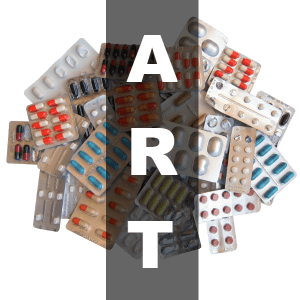
An undetectable status can be achieved through the constant use of antiretroviral medications.
An undetectable viral load does not mean that one has been cured of the virus. A test will still show “positive”, however, the immune system will be intact and there will be a reduced chance of transmitting the virus.
Can You Get HIV from Undetectable Person?
An individual carrying the virus, but at a level that’s undetectable can not transmit it to a partner or other people around. According to the CDC, an undetectable viral level translates to the inability to transmit the virus.Thus, you can have a relationship with an undetectable person without contracting or getting to catch the virus.
Can You Cure HIV in the Early Stages?
Currently, there is no cure for HIV regardless of the stage or gravity. However, it is advised to regularly test for HIV in order to detect the virus early. If you test positive, you will immediately be placed on antiretroviral medications/therapy. Starting and strictly adhering to ART medication can help HIV patients go on to live a long and fulfilling life just like anyone else.Individuals who have been exposed to the virus can contact their doctors for PrEP (pre-exposure prophylaxis) treatment immediately.
What Happens When You Stop Taking HIV Meds?
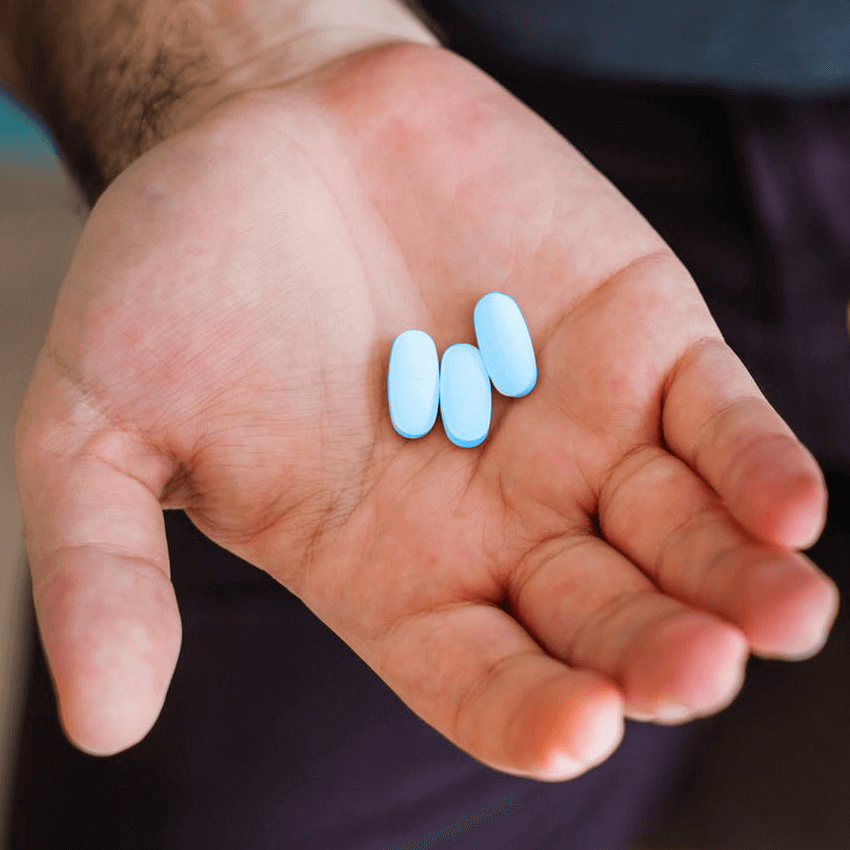
What’s more, there’s a very high chance of the virus developing resistance to the particular antiretroviral agents that are part of your regimen or an antiretroviral combination.
Eventually, HIV will develop lead to AIDS since there are no medications to keep it in check. AIDS is imminent if you stop taking your meds.
Why Are HIV Drugs So Expensive?
One major concern that individuals carrying HIV have is the price of the medications. The cost of a single drug runs into thousands of dollars.The exorbitant prices of HIV medications can be attributed to two major factors:
- cost of research: Millions of dollars are poured into several researches and experiments annually in order to develop these medications and possibly find a permanent cure for the virus. As such, the prices of the medication are hiked in order to compensate for the huge sums spent on research;
- little competition: Very few pharmaceutical companies develop HIV medications. As such, there is little to no competition and these companies can easily hike their prices without losing customers.
Although HIV medications can be expensive, there are several insurance policies and plans that can cover most of the bills, making it more affordable for PLWHA.
What Can Help Protect Against the Contraction of HIV?
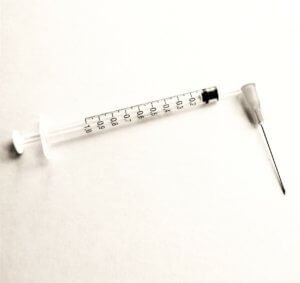
- safe sex: The importance of the use of condoms while having sex can not be overemphasized. It helps to prevent direct contact with vaginal and penile fluids and ultimately prevent transmission;
- not sharing needles: HIV can be contracted when one uses a needle or syringe previously used by someone who carries the virus. As such, it is important to avoid the sharing of needles at all costs;
- regular visits to the doctor: Visiting the doctor regularly would help you know if you are at risk of contracting the disease. Subsequently, you would be placed on necessary preventive treatments;
- PrEP and PEP: These are medications given to people who are at risk or have been exposed. It helps to prevent transmission of the virus or getting infected.
HIV currently has no known cure. Therefore, it is important to take the necessary preventive measures against it.
What Are the Risks of Getting HIV Infection While on PrEP?
PrEP is a daily prescription given to HIV negative people in order to help them avoid contracting the virus. According to the CDC, this medication has a 90% success rate. Thus, the chance of getting the virus while following the strategy is quite slim.However, the possibility should not be ruled out. There have been a few reported cases of individuals who contracted HIV while on PrEP. Though these cases are believed to have resulted from the incorrect use of the drug, or failure to follow prescriptions to the letter. This is still a possibility, however. Thus, it is important to take a few other preventive measures while on PrEP to leave no room for the virus. One highly efficient and cost-effective preventive measure one can take is the use of condoms.
How Long Can You Live with HIV Without Knowing?
How Soon Does HIV Infection Progress into AIDS?
PrEP FAQ
What Is PrEP (Pre-Exposure Prophylaxis)?
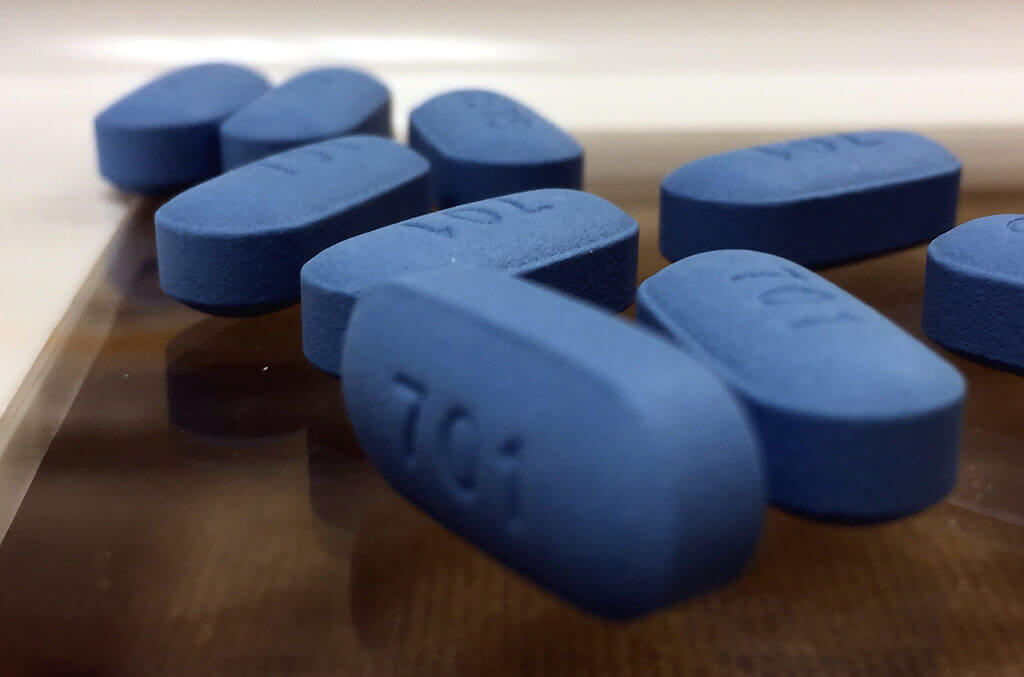
PrEP has proven to be very effective in the prevention of HIV when taken correctly and consistently. Its success rate is high (provides above 90% of protection).
It is important to note that PrEP only protects against HIV. It does not protect against STIs. Thus, it is important to also use condoms even while on PrEP.
How Effective Is PrEP in HIV Prevention?
PrEP is impressively effective. Studies have shown that the strategy prevents infection via sexual intercourse by 92%. It also takes down the chances of infection via syringes by 70%.For people who have more than one sexual partner, experts advise that other protective measures should be taken in addition to PrEP. This is because the medication’s efficacy is increased when other protective measures are taken as well.
Thus, prophylaxis is highly effective.
How Does PrEP Work in the Body?
PrEP works by slowing down or completely putting an end to the replication of the virus in the body.Typically, when HIV is contracted, the virus attacks the T cells and replicates itself. The tenofovir in PrEP medications blocks the actions of an enzyme known as HIV reverse transcriptase. As it inhibits this enzyme, it prevents the virus from establishing a strong bond with the cells, and thus prevents it from replicating.
However, the usage options for PrEP vary depending on the circumstances surrounding exposure. For people who have only vaginal sex, the medication needs to be taken consistently for seven days in order to gain protection and even after then. On the other hand, people looking to prevent HIV via anal sex are to use PrEP daily.
How Long Does It Take for Sure PrEP to Work?
Are PrEP and PEP Similar? What Are They Used For?

Can I Use PrEP If Viral Load Is Undetectable?
If you’re currently carrying HIV, and you take your pills regularly and have achieved an undetectable viral status, it is good. However, you cannot use PrEP as it is meant for only people who are negative. Using PrEP while positive can cause the virus to mutate and develop resistance to your current antiretroviral combination.On the other hand, if you’re uninfected and have a partner who is carrying the virus but maintains an undetectable viral load (i.e. cannot transmit HIV to you) you may use PrEP. While your partner will be incapable of transmitting the virus based on the fact that his/her viral level is below detectable range, using PrEP will ensure that you’re 100% safe.
Questions About PrEP Meds
How to Get a Prescription for PrEP?
If you feel you’re prone to HIV infection, you may pay a visit to your doctor. Similarly, you can go to your local clinic or a nearby HIV clinic. The doctor will then ask you some questions and run some tests to ensure that you do not already have the virus. If you are eligible to use PrEP, the doctor will then give you a prescription for the medication.PrEP is meant to be used by people currently uninfected alone. This is because Truvada alone which is the only drug used for PrEP is ineffective when used to treat already-infected persons. Normally, in the control of HIV, a combination of several antiretrovirals are used. Thus, using Truvada alone could cause the virus to develop resistance to the drug. What this means is that some of the drugs normally used for fighting the virus may no longer work.
What Doctors Prescribe PrEP Pills?
How Safe Are PrEP Pills for HIV?
What Is Truvada and What Does It Look Like?
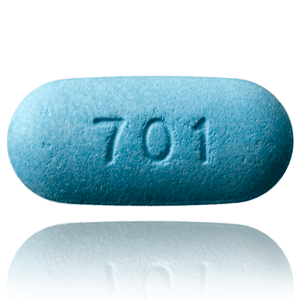
Truvada is approved for use as a safe and effective medication for the prevention of HIV. If used according to prescription in the PrEP strategy, it could be everything you need to escape HIV infection.
What Is the Success Rate of Truvada?
Ever since the invention of Truvada, the medication has had a very high success rate among users. As of 2015, the success rate of Truvada was pegged at 86%. However, with development and evolution, the success rate of this medication has increased to well above 90%.The statistics is a source of relief to people prone to acquiring the infection (i.e, exposed to high risks). They can now use this medication and go about their daily lives without fear of infection.
Who Makes PrEP Pills?
Many people often wonder who makes PrEP medications. So far, Truvada is the only brand of PrEP medication approved by regulatory bodies for the prevention of HIV. This PrEP pill is solely manufactured by the pharmaceutical company known as Gilead Sciences.However, currently, there is a generic alternative to Truvada. While it is exactly the same in terms of ingredients, mode of administration, dosage, side effects and action (differing only in packaging), it costs far less than the branded drug. The generic version of Truvada is made by Teva pharmaceuticals.
How to Take PrEP Tablets? What Is a Daily Dose of PrEP?
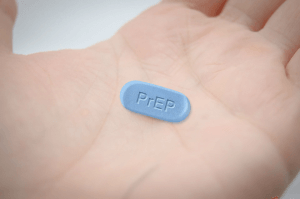
On the other hand, the event-based dosing requires you to take:
- 2 pills at least 2 hours prior to sex;
- 1 pill after 24 hours;
- an extra pill after 24 hours.
It is worthy of note that people who have Hepatitis B should not choose this option as it could aggravate their condition.
What If I Miss a Dose of PrEP?
What Side Effects to Expect While Taking Drug for PrEP?
Nearly all drugs have the potential of causing certain negative aftereffects. However, not every user gets to experience them.PrEP medications such as Truvada may have a series of negative aftereffects on users. These negative aftereffects may be short or long-term.
The short term negative aftereffects are quite temporary and fade within a matter of time. They are observed within a short period of usage. Some short term negative aftereffects of PrEP medications include:
- nausea;
- diarrhea;
- headaches.

- loss of bone density;
- liver health: PrEP medications could cause a denigration in the functions of the liver.
In the same vein, patients who have Hepatitis B could experience a worsening of the health condition. However, the presence of these side effects does not mean that PrEP medications are unsafe or dangerous.
How Long Does Truvada Stay in Your System?
What Happens If You Stop Taking PrEP?
If you stop taking PrEP, you become prone to HIV infection again. This means that you can easily contract the virus if there is an exchange of fluids between you and a person who’s infected. However, there is no problem at all if you are not exposed to the virus.If you plan on stopping PrEP, it is important to inform your sexual partner(s), as well as a healthcare provider. A test to determine your status should be taken about 3-4 weeks from the time of the last exposure.
If you get exposed to HIV after you may have stopped PrEP medications, contact your doctor to get started on PEP immediately.
Can I Mix PrEP Pills with Alcohol?
What Are the Risks of PrEP Drug Resistance?
A lot of people have concerns about PrEP medications and drug resistance. However, these concerns are in most cases, unfounded. In the context of PrEP, the resistance is related to HIV. I.e, the virus may develop resistance to PrEP medications. What this implies is that as an HIV negative user, there are no chances of drug resistance. Resistance to the drug will only be developed when:
- one starts PrEP without knowing that he/she is positive. It is important to note that PrEP as a preventive measure would not be effective if you are already positive. This is why it is essential to have an HIV test done before commencing PrEP;
- you take a break from PrEP, contract HIV during the break and restart the medication without tests;
- you skip too many doses. Skipping too many doses of the medication will cause the drug levels to become low and subsequently, ineffective;
- you come in contact with drug-resistant HIV. However, this scenario is very rare. So far, only two cases related to a situation of this sort have been recorded.
When one uses PrEP medications correctly, the chances of developing drug resistance are slim to none.
Where Can I Buy PrEP Medication?

Fortunately, the generic alternatives are available at a way cheaper prices on online pharmacies. People looking to buy PrEP meds online are advised to buy from reliable stores only. This is to ensure that they buy high-quality pills that will be effective and not cause any complications.
There are a few reputable online pharmacies patients can rest assured will deliver quality pills. These pharmacies can be searched for and found. BuyPrEPOnline is one of the few reliable online pharmacies buyers can trust.
What Are the Prices of PrEP Meds per Month/Year?
It should be noted that PrEP medications such as Truvada are very expensive. Unless you have insurance, you may find it very hard to afford this medication (use is as it should be used).Truvada costs about $2,000 per month. Its price is pegged at $13,000 per year or more. Thus, only a tiny percentage of people actually use PrEP medications.
What Is the Cost of PrEP Pills With/Without Insurance?
A lot of health insurance plans provide coverage for PrEP. For example, with insurance plans such as Medicaid, you can get PrEP medications at a subsided price.However, without insurance, PrEP medications are very expensive and almost unaffordable. Without insurance, PrEP medications cost at least $13,000 per year.
Can I Get Pills for PrEP for Free?
There are several insurance plans that can help you with paying for PrEP medications if you cannot afford it. For example, Gilead (the company which produces Truvada) offers a wide range of healthcare insurance plans.There are also a few HIV prevention centers which can help you get Truvada for free.
Are There Any Cheaper Generics of Truvada?
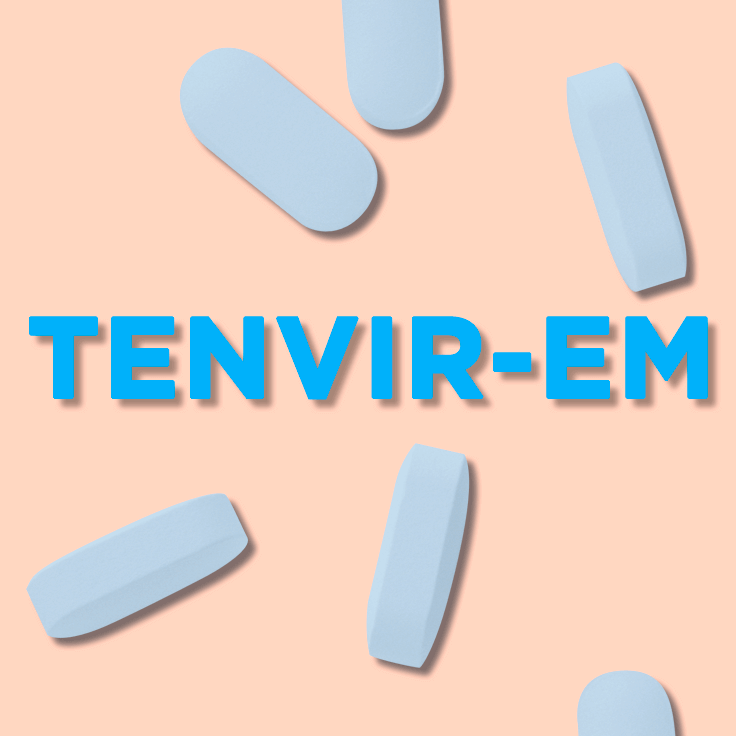 So far, Truvada is the only approved brand name medication for the prevention of HIV. However, currently, there are generic versions up for sale in certain pharmacies. Cheaper generics of Truvada include Tenof-EM, Ricovir-EM, Tavin-EM, and Tenvir-EM. They are available on BuyPrEPOnline and can be purchased online by a few clicks of the button.
So far, Truvada is the only approved brand name medication for the prevention of HIV. However, currently, there are generic versions up for sale in certain pharmacies. Cheaper generics of Truvada include Tenof-EM, Ricovir-EM, Tavin-EM, and Tenvir-EM. They are available on BuyPrEPOnline and can be purchased online by a few clicks of the button.Additional Questions of Users
What Are the Risks of Contracting HIV After One Exposure?
Unless you are on PrEP medications, getting exposed to HIV can be very risky. It is highly possible to contract the virus after one exposure. Similarly, one may have unprotected sex and still not contract HIV.Studies have pegged the risk of sharing the virus via receptive vaginal sex at 0.08%. In the same vein, the risk of sharing it via insertive vaginal sex has been pegged at 0.04%.
Although these figures may seem low, it is important to apply caution, especially if you have no access to PrEP medications. This is because one can easily contract HIV after one exposure, no matter how miniscule it may be.
Is It Possible to Contract HIV from Someone Who Doesn’t Have It?
Why Should You Take an HIV Test Today and Then Repeat It in 3 Months?
What Are the Risks of Getting HIV from a Woman?
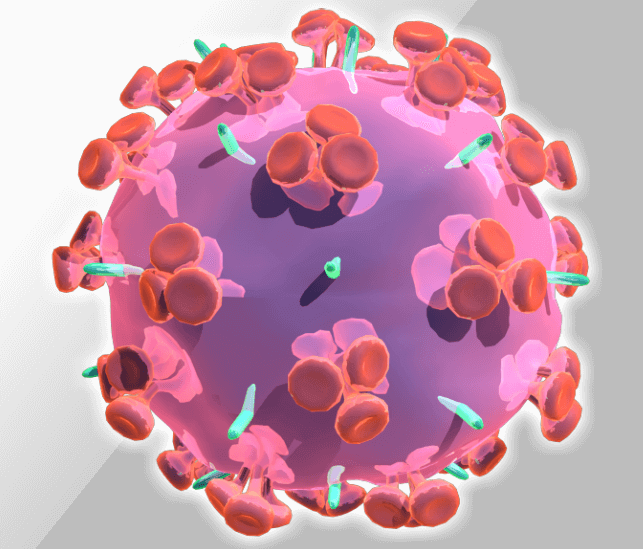 Vaginal sex is one of the primary ways through which HIV is transmitted and contracted. However, studies have shown that women are more susceptible to the virus than men. This does not mean that men are immune to the virus. There is a higher risk of acquiring the virus via vaginal sex. However, women are more prone to getting infected via penetrative sex than men.
Vaginal sex is one of the primary ways through which HIV is transmitted and contracted. However, studies have shown that women are more susceptible to the virus than men. This does not mean that men are immune to the virus. There is a higher risk of acquiring the virus via vaginal sex. However, women are more prone to getting infected via penetrative sex than men.Can You Still Have Sex with HIV?
Yes, you can. Though HIV can be a real hindrance and a source of concern in relationships where one partner is positive. However, medical experts advise that HIV should not get in the way of your relationship.People infected with the virus can still have healthy sex lives and relationships. While they can have sex, the importance of using a condom can not be overemphasized. This is to prevent transmitting the virus to a partner. Even in cases where a partner is positive as well, it is advisable to still use protection.
What are the Chances of Getting Infection If Both Partners Are HIV- Negative?
Is the Risk of Getting HIV from Heterosexual Intercourse Less?
 People in heterosexual relationships have a lower likelihood of contracting HIV compared to people in homosexual relationships. In fact, studies show that homosexual men are 20 times more susceptible to the virus than heterosexuals. This phenomenon is closely linked to the thinness of the rectum lining.
People in heterosexual relationships have a lower likelihood of contracting HIV compared to people in homosexual relationships. In fact, studies show that homosexual men are 20 times more susceptible to the virus than heterosexuals. This phenomenon is closely linked to the thinness of the rectum lining.Can You Get HIV/AIDS from Drinking After Someone?
Are Bottoms More Likely to Get HIV?
Can a Top Get HIV from an Undetectable Bottom?
Does HIV Make You Gain Weight?
Does HIV Affect Menstrual Cycle?
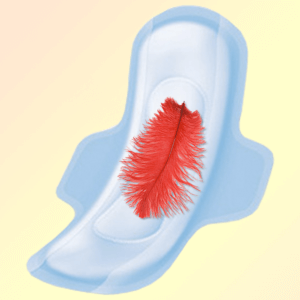
- spotting;
- heavy periods;
- missed periods;
- extremely long intervals between periods.
It is always important to visit a doctor once these changes are observed.
Can Someone with HIV Have a Baby?
As a woman living with HIV, you can easily conceive and carry your baby to full term without transmitting the virus to him/her. The circumstances surrounding your conception and childbirth depends on your health status and that of your man.During the course of pregnancy, women with the virus are required to constantly take ARVs in order to achieve an optimum viral status. If their viral level so low that it becomes undetectable by week 36, they can easily give birth like other women. If not, they’d be required to give birth through a Caesarean Section because this type of delivery reduces the risk of transmission from mother to child.
Can You Get HIV from Someone on PrEP?
Is It Possible to Get HIV from a Used Condom?
Can You Really Contract HIV/AIDS from Drinking Blood?
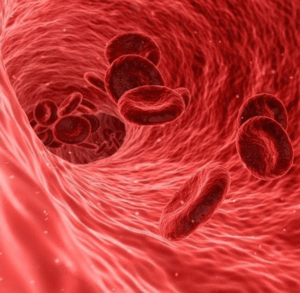 You can only contract HIV from drinking the blood of someone who carries the virus. However, this is not always the case as you could drink the blood of an infected person without contracting the virus yourself. This is because HIV does not last long outside the body. To be on the safe side, it is advised not to engage in unsafe activities such as blood drinking.
You can only contract HIV from drinking the blood of someone who carries the virus. However, this is not always the case as you could drink the blood of an infected person without contracting the virus yourself. This is because HIV does not last long outside the body. To be on the safe side, it is advised not to engage in unsafe activities such as blood drinking.
